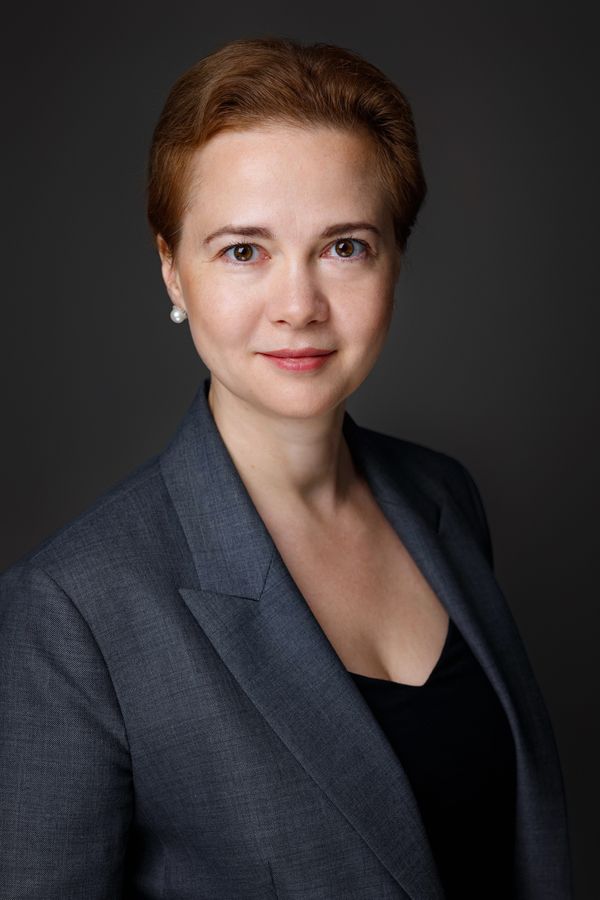On April 7, 2025, the Paris Arbitration Week (PAW) hosted a session entitled “Access to Justice: Common Concerns and Remedies of Western and Sanctioned Parties”.
The session was co-organized by the Istanbul Arbitration Centre / ISTAC and Derains & Gharavi. The speakers included Dr. Ziya Akinci, Chairman of ISTAC, Hamid GHARAVI, Founding Partner of Derains & Gharavi, Nathalie Lengert, Lead Counsel (Commercial Litigation EMEA&APAC) at Nokia, Tatyana Neveeva, Managing Partner of VERBA LEGAL, Maria Irene Perruccio Lourie, Head of International Affairs for Europe and Americas, WeBuild group, and Moshkan Mashkour, Founding Partner of Sanglaj.
As part of the session in-house lawyers of major European companies shared their vision of the problems/solutions in arbitration disputes with sanctions targets, complemented by the insight from sanctioned parties from Russia and Iran.
Tatyana Neveeva, Managing Partner of VERBA LEGAL, spoke about the difficulties that Russian parties to international arbitration proceedings have been facing, namely, when it comes to paying arbitration fees, selecting neutral arbitrators, ensuring the neutrality of the forum, with all these logistical challenges contributing to getting the proceedings protracted.
Facing these obstacles, many Russian parties were forced to resort to the “Lugovoy's Law” mechanism (as set forth in Articles 248.1 and 248.2 of the Russian Arbitration Procedure Code).
Tatyana also drew the audience's attention to the problem of the No Claim clause (Article 11 of Council Regulation (EU) 833/2014) whereby no claims against European parties are to be satisfied if made by Russian persons, apparently placing the parties to the relevant disputes in a position of inequality from the very start.
Finally, the request filed by a Swedish court for the said Article 11 to be clarified, currently pending before the EU Court of Justice, also does not add confidence as to the prospects for effective resolution of such disputes since it questions not only the possibility of advance payments being collected in favor of Russian parties but also the arbitrability of disputes where the No Claim clause is applied.
The debates that ensued showed that both the sanctioned parties in the proceedings and their Western counterparties have, in essence, the same goals, with the principal objective being arriving at the fundamental result for which an arbitration agreement is entered into, i.e., ensuring the enforceability of the future arbitration award.
With this demand in mind, the Istanbul Arbitration Centre (ISTAC) proposed having Turkey as one of the neutral forums for resolving disputes with sanctions parties. Apart from an arbitration fee being able to be paid in cash, the ISTAC representatives pointed at the possibility of excluding the jurisdiction of Turkish state courts in respect of the relevant arbitration proceedings as another advantage of choosing Turkish forums. With Turkey uniquely located at the crossroads of Europe and Asia and given its working relations with both the "West" and the sanctioned countries (Russia, Iran), Istanbul Arbitration Centre / ISTAC can really become a worthy alternative to traditional forums for future contracts.
We will also soon invite representatives of the Russian business community to discuss these issues and look at Turkey as an arbitration forum at VERBA LEGAL’s session to be held during the Istanbul Arbitration Days scheduled to take place from September 16 to 19 this year.
